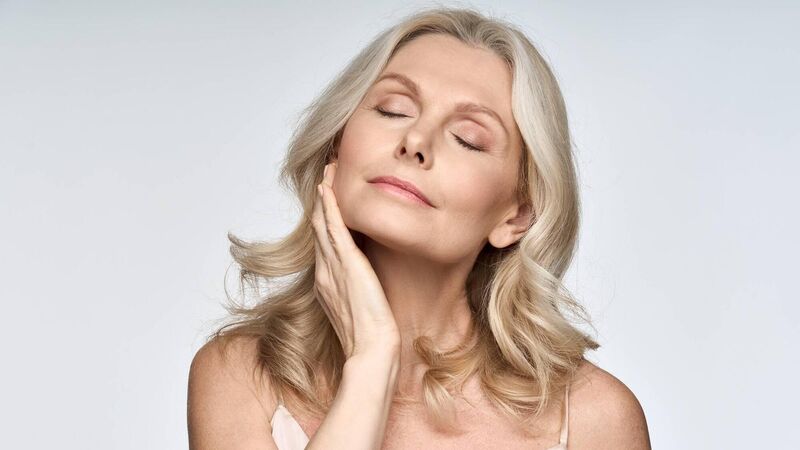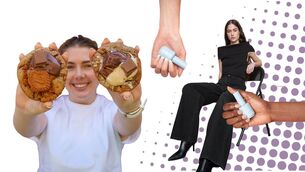Skincare for menopausal women is trending, but which products are really useful?

Pic: iStock
I am fascinated by how the cosmetics business responds to customer concerns, from sustainable packaging and cruelty-free formulas to less well-defined 'clean beauty' and 'wellness' products. Calls for greater inclusivity have generated several niche categories in recent years, including product lines and even entire brands labelled specifically for menopausal women. The menopause is far from new and not a skincare problem per se, so I am interested in the press materials for such products.
These include information on ways a woman’s skin can change during menopause (e.g., increased dryness, adult acne, and subcutaneous fat, elastin, and collagen loss), and on some ingredients that we already know can manage or conceal such changes — yet no information on new dermatological discoveries related to this time in a woman’s life that might catalyse a new product trend. Indeed, I haven’t found any.










